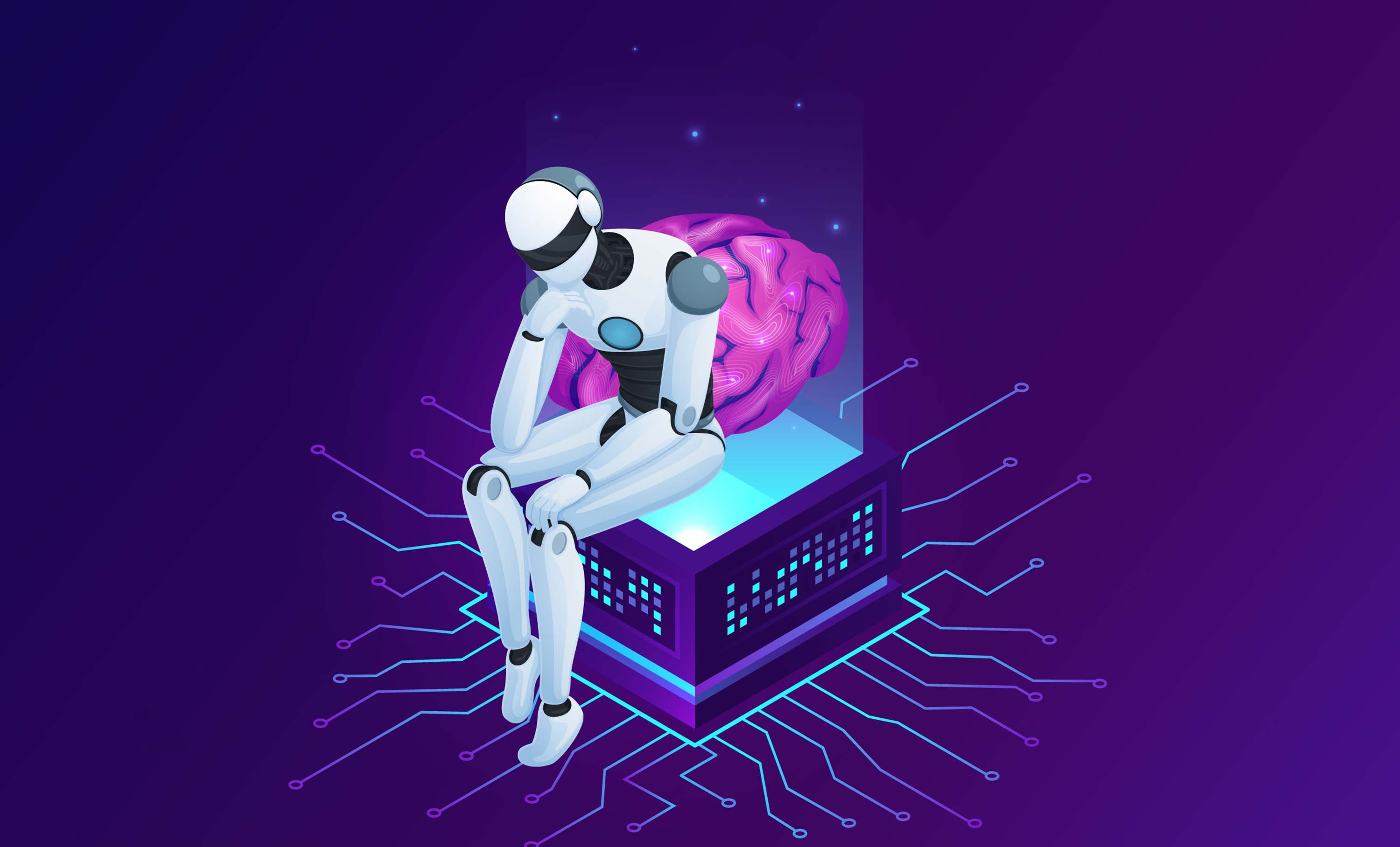Will AI Have Emotions in Future?
Artificial Intelligence is like politics. Everyone loves to talk about it but very few understand how it works. Earlier AI was a sci-fi concept, associated with movies like Terminator and Star Wars, unrealistic and fictional. But evolution of technology is inevitable and now the future has arrived. We are living in the age of AI. It’s all around us and has benefited mankind in every possible way imaginable. From image and video processing devices, spam filters and smart suggestions to smart homes, driverless cars and robots, this is the era of AI revolution. And the latest addition to it is Emotional Intelligence.

Emotions, intentions, attitudes, moods as well as vision, motion and perception are skills which cannot be defined in 0s and 1s. Humans are gifted with these naturally and have refined them over the course of many years through evolution. Emotions disrupt cognition and reasoning to make decisions and act in a specific way. There are various complex biological systems and pathways which make this possible.
Emotional intelligence, also known as effective computing or human centric AI, involves the automatic sensing and analysis of human behavior, particularly human facial behavior. Human face is the most observable window of the inner self through which one can recognize and judge the age, gender, beauty or even personality of a person to a certain extent.
People are not creatures of logic but of emotions whereas robots are built on binary logic. They unwillingly do what they are programmed for. What we want is to replace the cold, calculated machines, where logic always triumphs, with kind, compassionate and empathetic circuits built on the blocks of morality.
As of now, social and emotional AI hasn’t emerged as a mainstream technology and still has a long way to go. It lacks empathy, altruism, culture, emotions and the ability to handle situations as team members. What we have now is fake emotions being programmed into bots to display scripted expressions and interpret the world in the form of language.
Emotional intelligence finds its applications in various fields. It can perform interactive behavioral therapy sessions for autistic children and help them understand facial expressions and behaviors better. It can also automatically sense and detect behavioral cues for depression which is a huge problem across all the age groups in today’s world.
But as we know, with great power comes great responsibility and often people get scared when they think about a future dominated by AI powered robots and machines. If AI falls in the wrong hands, it can be misused to monitor behavior and sell personal information to unauthorized people. Surveillance, tracking and identity theft are some of the major issues to be dealt with while using AI. It depends on us to figure out the role of AI in society for a future that man alone cannot manage.
Author

Shanzeh Batool (19BAI10017)
References & further reading:
- https://vitbhopal.ac.in/2020/01/31/ai-2-0-the-equation-of-innovation/
- https://vitbhopal.ac.in/2020/04/02/artificial-intelligence-machine-learning-the-most-sought-futuristic-courses
- https://vitbhopal.ac.in/2020/01/31/a-new-way-of-life-artificial-intelligence/


